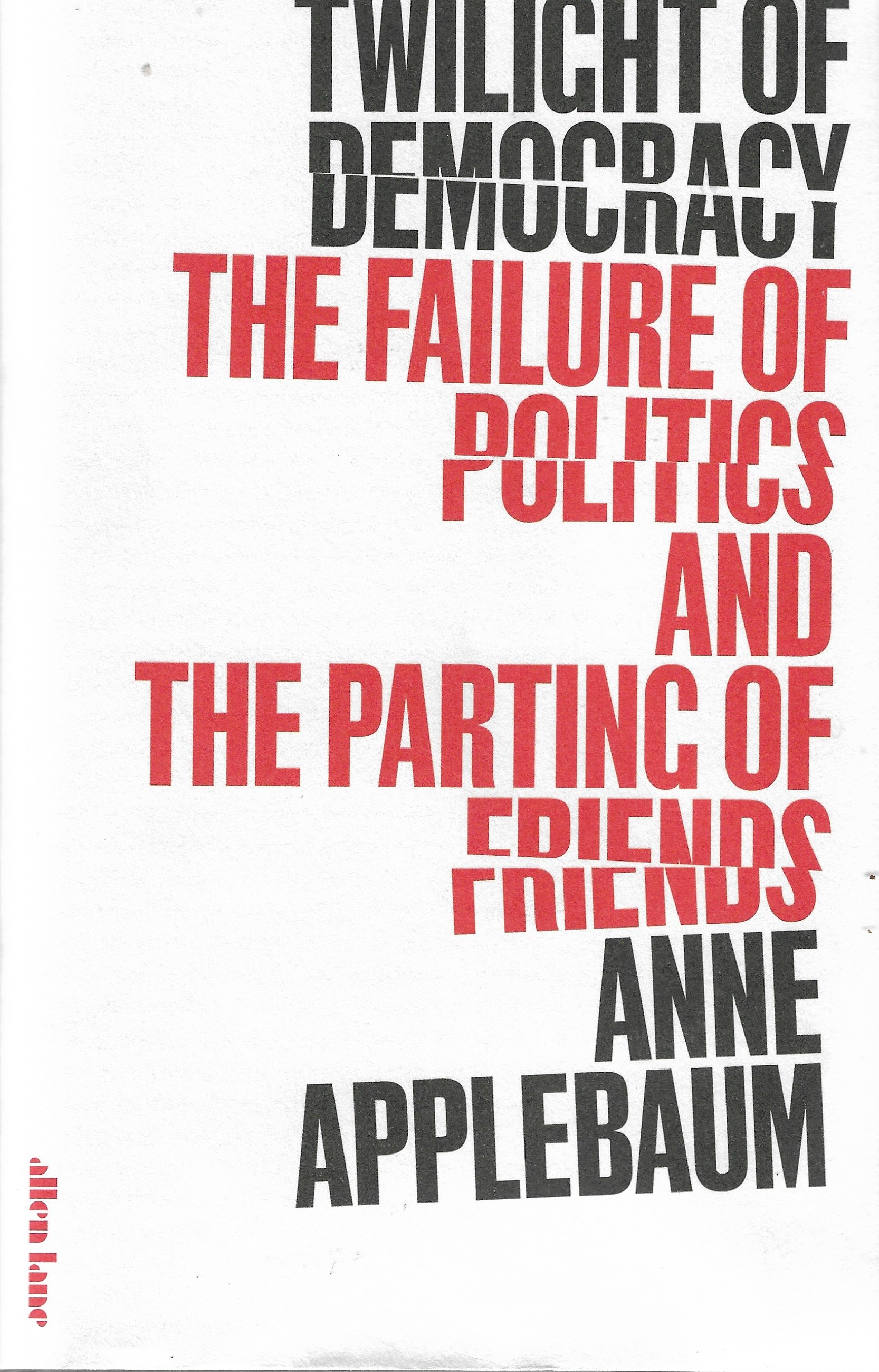My guest blogger this time is Roger, whose wife had a stroke several years ago. So unimpressed was he by the care ‘pathway’ for his wife that he has campaigned tirelessly for improvements to stroke care in Scotland. Like me, he is not unhappy with the individual professionals who provide that care, it is the system as a whole that he would like to see improved, particularly in comparison with what is available to stroke patients in the rest of the UK and in other Western countries. Each year he reads the Scottish Stroke Improvement Plan (SSIP) with meticulous care.
These are some of his thoughts on the latest report produced in July 2021 by the Scottish Government for the year 2020:
SSIP 2020

It is good to see an upbeat report of stroke care in Scotland during the last year. A closer study of the report, and comparisons with similar reports from other countries reveals a little more.
Whilst there has been a small deterioration in performance against the Scottish stroke standards – all health boards continue to fail to achieve the targets set by government. These standards are below what is recommended in de facto stroke guidelines published by the British Association of Stroke Physicians (BASP), Royal College of Physicians (RCP), European Stroke Organisation (ESO) and World Stroke Organisations (WSO). De facto because Scotland’s national stroke guidelines were allowed to expire a few years ago and have not yet been replaced.
The main focus on stroke performance is on 4 of the 10 Scottish stroke standards – the ‘stroke bundle’ – these are process indicators that occur in the first 24 hours only. Academic papers appear to show achievement of these 4 indicators is indicative of reduced mortality, but not recovery.
So whilst these process indicators are important, 90% scanned within 12 hours is perhaps NOT indicative of stroke being a time critical medical emergency, and admission to a stroke unit says little about whether a stroke unit has special qualities, or whether people who survive a stroke remain in the stroke unit for the duration of their stay.
Deeper into the tableaux of the report we learn that over the last year some stroke patients also tested positive for covid, and as a result they were relocated to a covid ward, and did not receive stroke unit care. Some specialist stroke nurses were redeployed away from the stroke unit – but it was not clear whether their stroke unit retained its designation with a lower staffing level. One NHS Board reported its stroke unit was relocated to share a palliative ward – perhaps not the best place for those who have survived a stroke and are hopefully on the path to recovery and rehabilitation.
Whilst the report correctly points out the slight improvement in thrombolysis when viewed from the perspective of door to needle times – it doesn’t mention that no health board achieved the stroke standard, i.e.50% should be thrombolysed within 30 minutes. Perhaps more worryingly is the vast difference in thrombolysis rates across the country. Whilst Aberdeen achieves close to 20% – recognized as a target in other countries, the average is 9.8%, down from 10.1% last year.
The latter parts of the pathway for those who survive a stroke are now only hidden in the tableau appendix. This appears to indicate that across the country rehabilitation is not provided to patient needs, is often generic (as opposed to stroke/neurological specific) and is variable across the country. Although stroke units’ key competencies tend to focus on their multidisciplinary capabilities, it appears stroke rehabilitation goal setting is reported as NOT being multidisciplinary across the country.





This is a generic reply to the issue stroke care performance is but one example of.
It is about time the opposition parties in Scotland created a hard hitting campaign, garnered from the various government reports of failure, to hammer home the failure of Scottish Government. Sadly the nationalists shift blame to UK government and lack of independence but there must be a hard hitting way to fight back. I’m no Tory but hard hitting lines like Get Brexit Done and historic lines like Labour Isn’t Working need created by the Scottish opposition parties and hammered home over and over with undeniable facts from government reports.